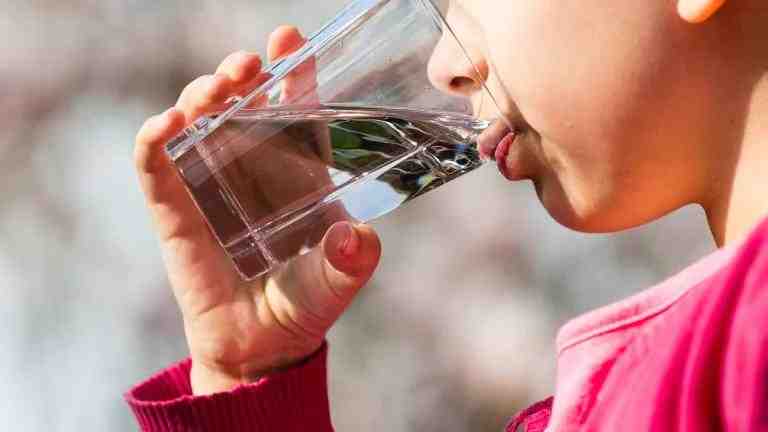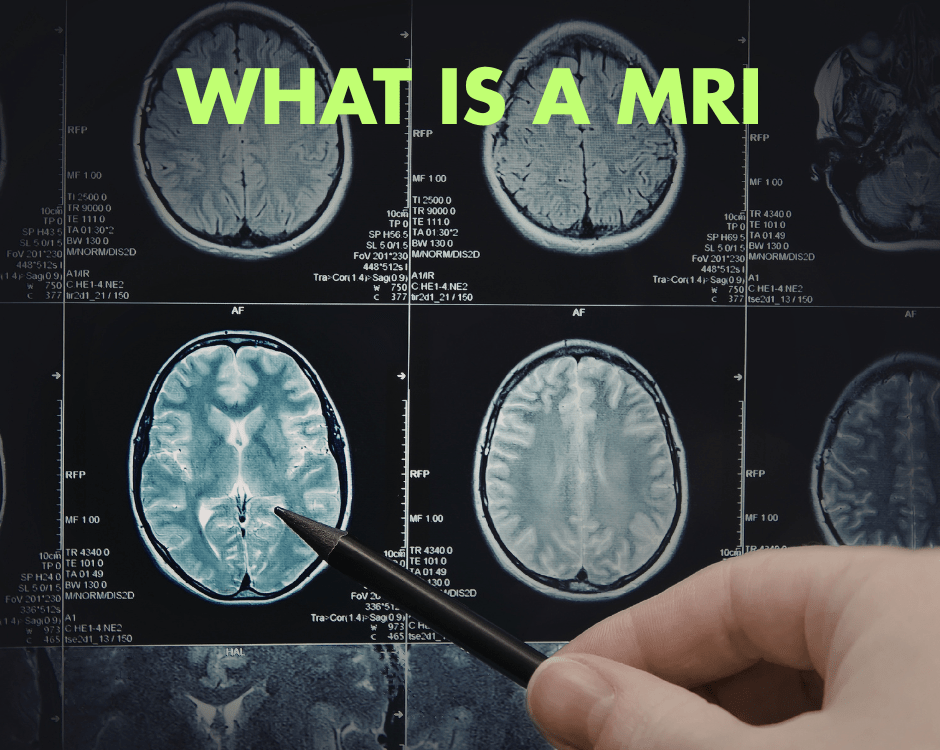How Much Water Should You Drink to Keep Hydrated?

Sweating is Normal and Essential
July 5, 2023
Splish Splash Summer Fun at a Public pool
July 7, 2023Keeping Hydrated
Throughout your life, you have heard you should drink water to stay hydrated, but do you know how much and why? Did you know Earth’s surface is about 71% water and only 3% of the water is fresh water? The adult human body is made up of 60% water, children are composed of 75% water and the elderly are 50% water. This shows how important it is to drink water and keep hydrated.
The body cannot live past a few days without water. Without water, our cells start to dry out and die, leading to decreased functions of the body, and eventually leading to death. Water helps to regulate body temperature by sweating. Muscles are 75% water and when dehydrated, muscles cramp. Water helps to flush out waste from the kidneys and liver, which is 86% and 83% water, respectively. Water lubricates and cushions joints and keeps intervertebral discs healthy, helping to cushion and protect the brain, spinal cord, and spinal column.
Water aids in digestion through saliva, breaking down food, and helps to prevent constipation. Water helps to deliver oxygen throughout the body and is necessary for growth and reproduction. Blood is over 90% blood plasma.
How much water should you drink? I grew up being told I should drink 6-8 glasses of water each day. But since then, I have read you should drink half of your body weight in ounces. For example, an adult weighing 200lbs should drink 100oz of water, which is 12.5 cups. The US National Academies of Science, Engineering and Medicine recommends adult males drink 15.5 cups of fluid/day and adult women drink 11.5 cups of fluid/day.
There are no set limits to daily water intake but certain medical conditions such as congestive heart failure and end stage kidney disease have difficulty processing water properly. Over-hydration can lead to water toxicity, also known as water poisoning. If you drink too much water, it can cause headaches, fatigue, drowsiness, nausea or vomiting, confusion and difficulty concentrating. Since the kidneys cannot get rid of excess water, it causes the electrolyte levels to fall. If you notice signs of over-hydration, cut back on your fluid intake. If the increased fluid intake is from a health condition or due to medications, contact your medical provider.
— This article is written by Chandra Cunningham, DC, one of the members of Chambers Medical Group’s team of car accident chiropractors who offer a variety of treatments and therapies ranging from diagnostic testing to various soft tissue therapies for car accidents and injuries in Kentucky.
.
–
Have you been in a car accident? If you or somebody you know has been in a car accident, be sure that you seek medical attention from a car accident doctor or car accident chiropractor to treat your injuries. Visit Chambers Medical Group to receive world-class medical treatment for your injuries.
Chambers Medical Group has car accident medical clinics in the following locations:
- Car Accident Medical Clinic in Tampa
- Car Accident Medical Clinic in Plant City
- Car Accident Medical Clinic in Brandon
- Car Accident Medical Clinic in Lakeland
- Car Accident Medical Clinic in Sarasota
- Car Accident Medical Clinic in Louisville
- Car Accident Medical Clinic in Lexington
- Car Accident Medical Clinic in Florence




